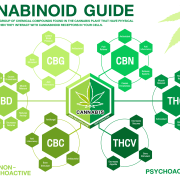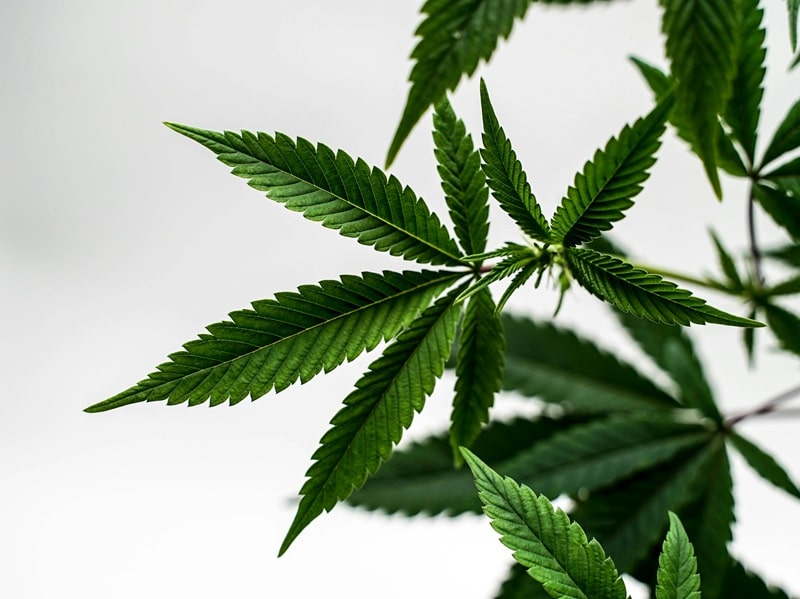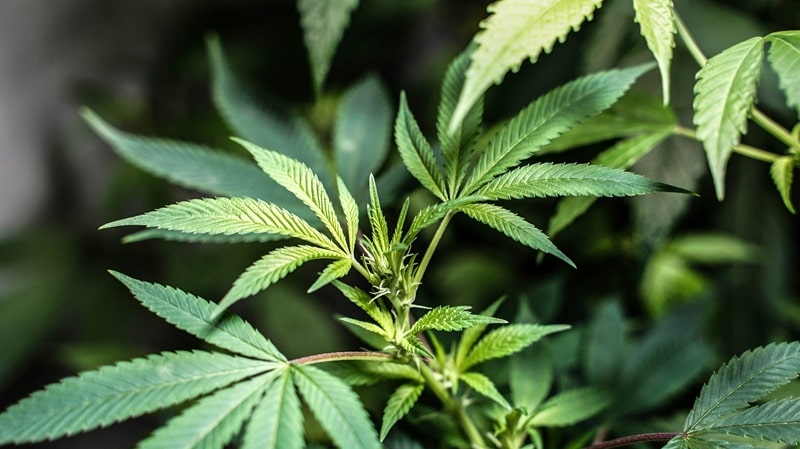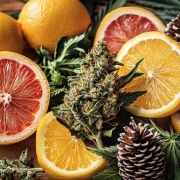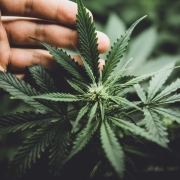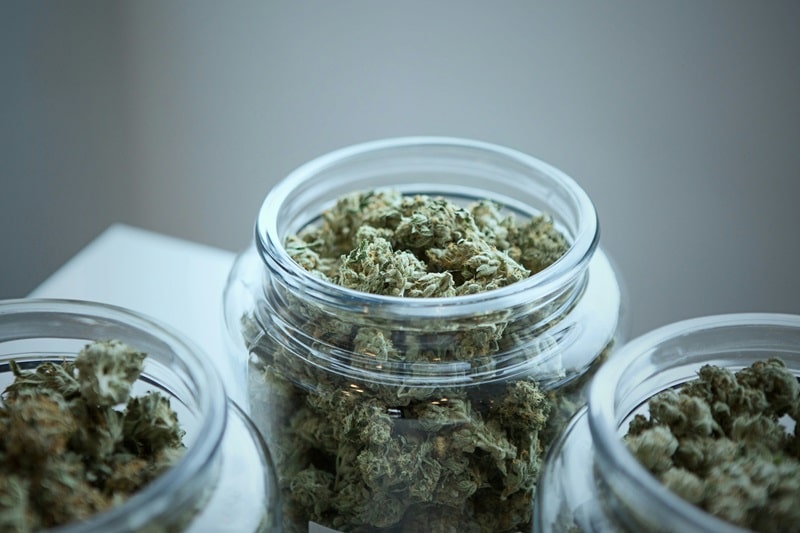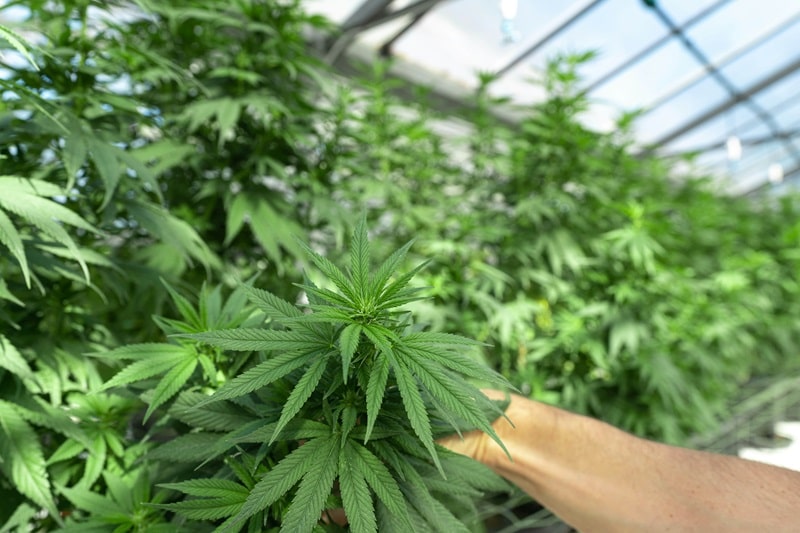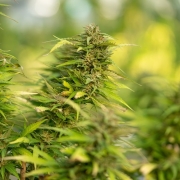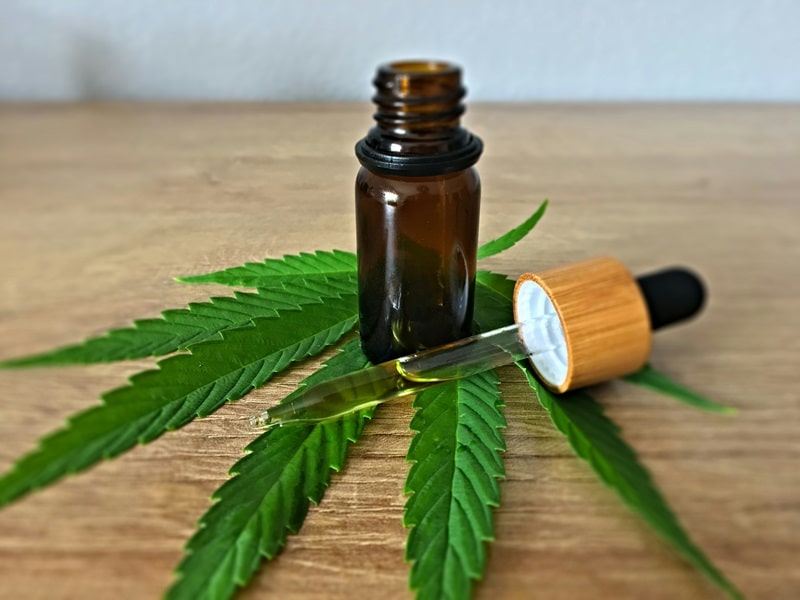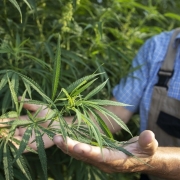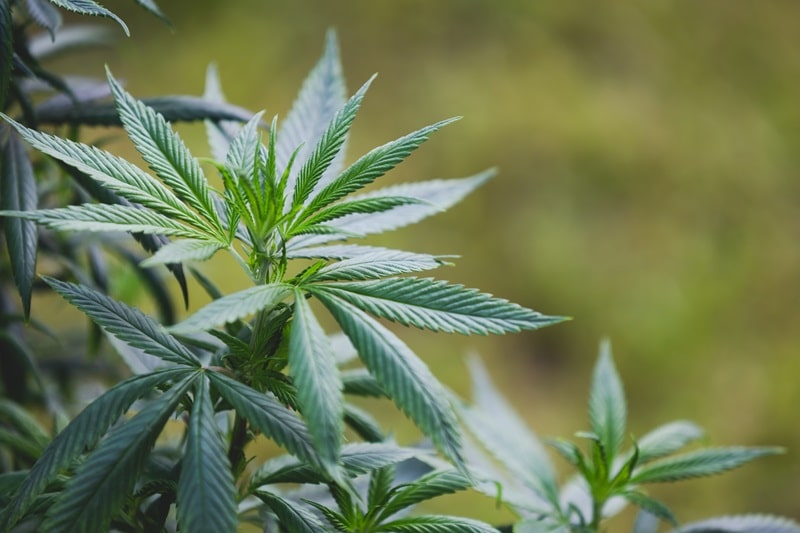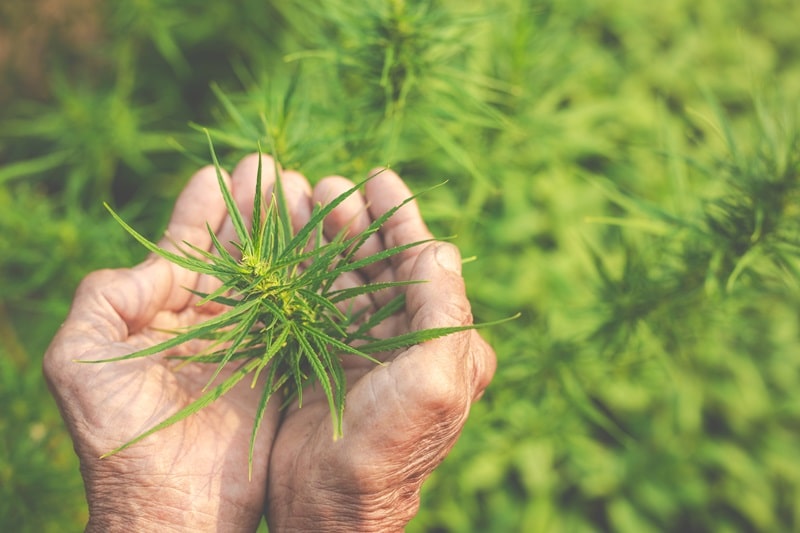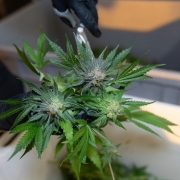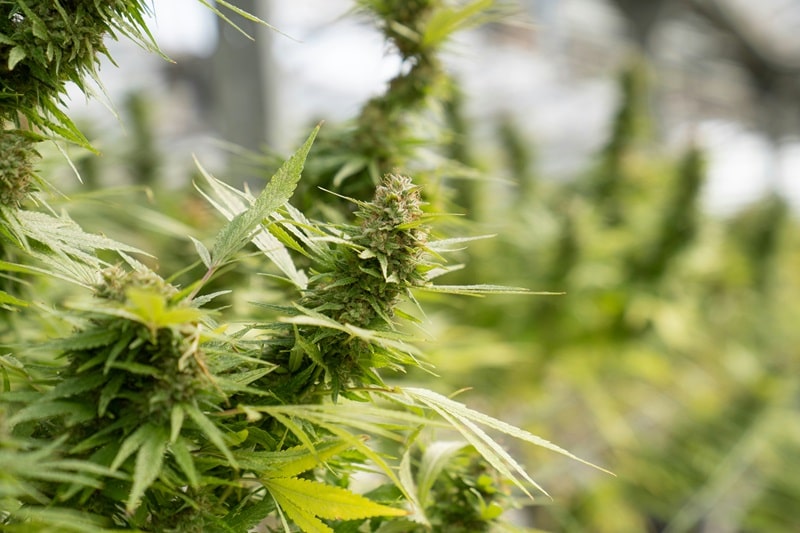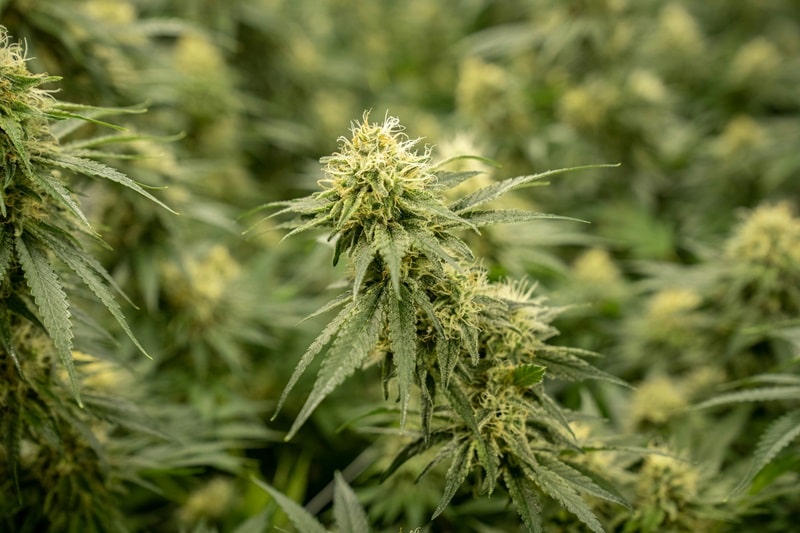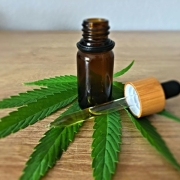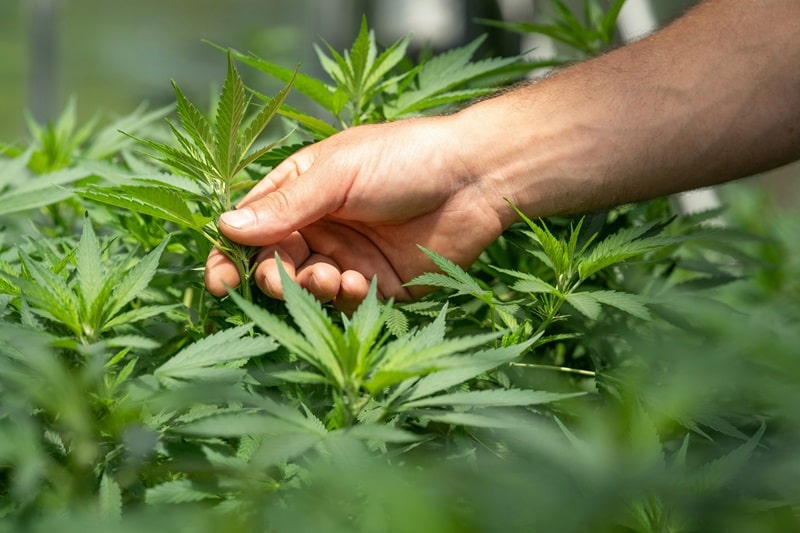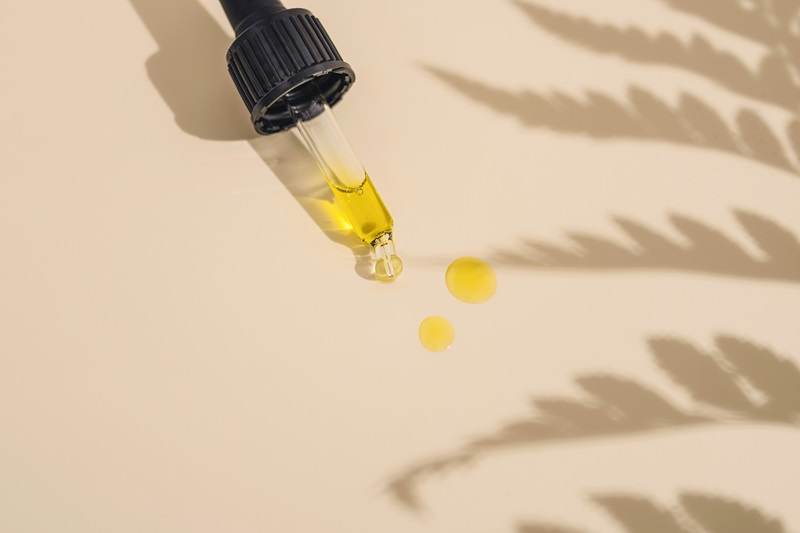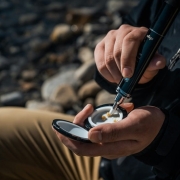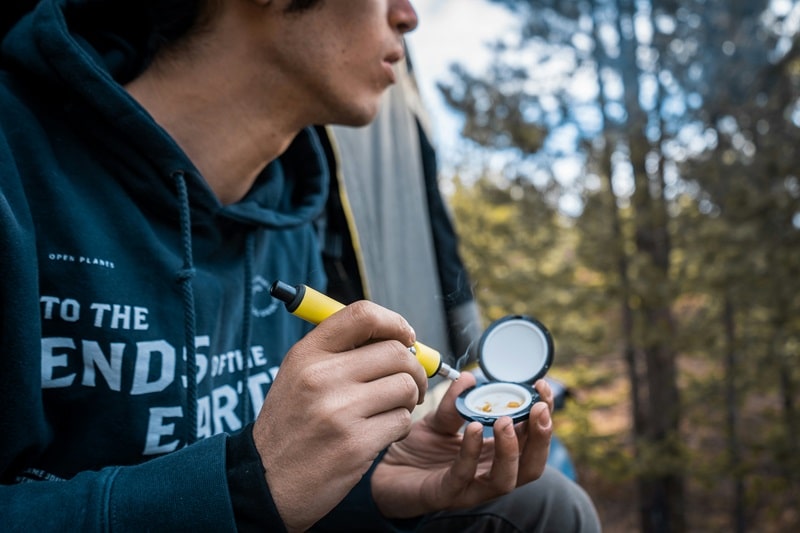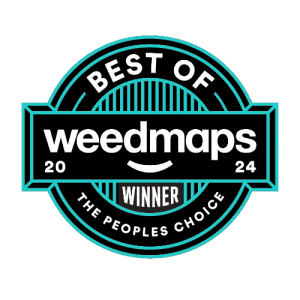What is CBC Cannabinoid? Benefits, Uses, and Dosages
Cannabichromene, or CBC, is one of the many cannabinoids found in cannabis plants. Like CBD and CBG, CBC has unique properties and potential health benefits, but it’s not as widely known. While CBD has been popular for its calming effects, and CBG for its potential to relieve pain and inflammation, CBC is now gaining attention for its own distinct qualities.
So, what is CBC cannabinoid? CBC is non-psychoactive, meaning it doesn’t cause the “high” associated with THC. Instead, it interacts with the body’s endocannabinoid system, potentially offering benefits like reducing pain, and inflammation, and even supporting mental health. CBC is often found in oils and cannabis products designed for people seeking relief without the mind-altering effects of THC.
In this article, we’ll dive into what makes CBC stand out, how it works, and how it compares in the ongoing debate of CBC vs CBD and CBC vs CBG. We’ll also explore the various CBC cannabinoid benefits, its uses in products like CBC oil, and recommended dosages for those interested in trying it.
What is CBC Cannabinoid?
CBC, short for cannabichromene, is one of the many cannabinoids found in the cannabis plant. It is a non-psychoactive compound, meaning it doesn’t produce the “high” that’s typically associated with THC. While it may not be as popular as CBD or CBG, CBC is gaining attention for its potential therapeutic benefits.
What sets CBC apart is how it interacts with the body. Unlike some other cannabinoids, CBC doesn’t bind strongly to the CB1 receptors in the brain. Instead, it interacts with other receptors, including the TRPV1 receptor, which plays a role in regulating pain and inflammation. This makes CBC an interesting option for those looking for anti-inflammatory properties and pain relief without the psychoactive effects.
People are beginning to explore CBC in products like CBC oils and topicals for managing pain, reducing inflammation, and promoting general well-being. While CBC vs CBD and CBC vs CBG remain common comparisons, each cannabinoid offers unique benefits. For CBC, its non-psychoactive nature and potential therapeutic uses are key advantages.
How Does CBC Work in the Body?
CBC cannabinoid interacts with the body’s endocannabinoid system (ECS), which is responsible for regulating essential functions such as mood, pain, sleep, and immune response. Unlike other cannabinoids, such as THC or CBD, CBC doesn’t directly bind to the CB1 and CB2 receptors. Instead, it primarily interacts with other receptors like TRPV1 (responsible for pain perception) and 5-HT1A (linked to serotonin production, which affects mood). This unique interaction is what sets CBC apart from its more well-known counterparts.
Key Functions of CBC in the Body:
- Pain and Inflammation: One of the notable cbc cannabinoid benefits is its ability to reduce pain and inflammation without producing the high that THC causes. By activating the TRPV1 receptor, CBC may help reduce both acute and chronic pain, making it a popular option for those looking for natural relief.
- Neuroprotective Effects: Studies suggest that CBC might support brain health by promoting neurogenesis, or the growth of new brain cells. This makes CBC an interesting option for future treatments aimed at preventing or slowing down neurodegenerative diseases.
- CBC vs CBD: While both CBC and CBD are non-psychoactive cannabinoids, their effects in the body differ. For example, CBD binds more effectively to cannabinoid receptors, while CBC interacts with other pathways, providing different therapeutic effects. This leads to ongoing discussions about CBC vs CBD and their respective benefits.
- Skin Health and Acne: CBC has also shown potential in managing acne due to its ability to regulate sebum (oil) production in the skin. This is why CBC oil is sometimes used in skincare products for its anti-inflammatory and oil-controlling effects.
In comparison to other cannabinoids like CBD or CBG, CBC offers its own unique set of CBC benefits, making it an interesting cannabinoid for those exploring cannabis for health and wellness. Whether it’s through CBC cannabis products or topical treatments, CBC is becoming a popular option for people seeking the benefits of CBC without psychoactive effects.
CBC vs CBD vs CBG: Key Differences Explained
Cannabinoids, like CBC, CBD, and CBG, all come from the cannabis plant, but each has distinct benefits and effects on the body. Understanding their differences helps you make informed decisions when choosing which cannabinoid is right for your needs.
CBC Cannabinoid
CBC (Cannabichromene) is a non-psychoactive cannabinoid, meaning it doesn’t produce the “high” that comes from THC. It works by interacting with receptors in the body that help manage pain, inflammation, and mood. Unlike THC, CBC does not bind strongly to the CB1 receptors in the brain. Instead, it works on other receptors, like TRPV1, which is linked to pain perception, and 5-HT1A, which affects mood. This makes CBC cannabis products popular for those looking for relief without the mind-altering effects.
One of the standout CBC benefits is its potential to reduce inflammation, support brain health, and even improve skin conditions like acne. Some research also suggests that CBC may promote the growth of new brain cells, which is why it’s gaining attention for its neuroprotective properties.
CBD (Cannabidiol)
CBD is by far the most popular cannabinoid, known for its ability to help with anxiety, pain, and sleep disorders. Unlike CBC, CBD directly interacts with the endocannabinoid system by binding to CB1 and CB2 receptors, which helps regulate the body’s response to pain, stress, and inflammation. The use of CBD CBC products is often recommended for people seeking anxiety relief without the psychoactive effects of THC.
While CBD and CBC have some overlapping benefits, their mechanisms are different. For example, CBD tends to be more effective for anxiety and stress, while CBC effects are often centered on inflammation and neuroprotection. This is why people who suffer from chronic pain may opt for CBC oil over CBD oil, or even try combining the two for enhanced relief.
CBG (Cannabigerol)
CBG, or cannabigerol, is known as the “mother of all cannabinoids” because it’s the precursor to other cannabinoids, including CBD and CBC. Like CBC, CBG is non-psychoactive and has been studied for its potential in treating conditions like glaucoma, inflammatory bowel disease, and bacterial infections.
CBG works differently than both CBC and CBD by strongly binding to CB1 and CB2 receptors. This gives CBG a unique set of benefits, including its powerful anti-bacterial and neuroprotective properties. The comparison between CBC vs CBG often focuses on their shared anti-inflammatory benefits, but CBG tends to be more effective for treating conditions like glaucoma and digestive issues, while CBC is more commonly used for its skin and brain health benefits.
CBC vs CBD vs CBG: Which is Better?
There’s no simple answer to this because it depends on what you’re looking for. If your main concern is reducing anxiety or improving sleep, CBD might be the best choice. If you’re looking for something to help with inflammation, pain relief, or brain health, CBC might offer better results. And if you’re dealing with digestive issues or want something with strong anti-bacterial properties, CBG could be the cannabinoid to try.
In many cases, using cannabinoids together can provide a stronger effect. This is known as the entourage effect, where the combination of different cannabinoids like CBC, CBD, and CBG enhances their individual benefits. For example, pairing CBC cannabis with CBD or CBG may offer more comprehensive relief than using any one cannabinoid on its own.
If you’re interested in exploring these cannabinoids further, you can visit a Portland dispensary to learn more about how CBC, CBD, and CBG work and find the products that best suit your needs.
Benefits of CBC Cannabinoid
CBC is becoming popular because of its unique benefits. It may not be as well-known as CBD, but it offers promising advantages, particularly for reducing inflammation, protecting brain health, and supporting emotional well-being.
Anti-inflammatory Properties
CBC is known for its ability to reduce inflammation naturally. This makes it especially useful for people suffering from chronic pain conditions like arthritis.
- Reduces inflammation naturally: CBC can help manage inflammation in the body, making it a natural alternative for those with inflammatory conditions.
- Non-psychoactive: Unlike THC, CBC doesn’t produce a “high,” which allows for relief without mind-altering effects.
- Supports pain relief: Many use cannabinoids like CBC for long-term management of pain and inflammation.
Neuroprotective Effects
Another standout CBC benefit is its potential to support brain health. Early research suggests that CBC may help protect the brain and even encourage the growth of new brain cells, which is important for preventing neurodegenerative diseases.
- Promotes neurogenesis: CBC can stimulate the growth of new brain cells, which may help slow down conditions like Alzheimer’s or Parkinson’s.
- Protects brain function: Its neuroprotective properties mean that CBC could play a crucial role in maintaining cognitive health as we age.
Helps with Depression and Anxiety
In addition to physical health benefits, CBC cannabinoid shows potential in managing mental health issues like depression and anxiety.
- Regulates mood: CBC interacts with receptors in the brain that are linked to mood regulation, making it helpful for managing depression and anxiety symptoms.
- No heavy side effects: Unlike some prescription medications, CBC provides relief without causing drowsiness or other unwanted side effects.
To explore more about CBC benefits and how it might support your health, feel free to contact us for more information and product recommendations.
Uses of CBC Cannabinoid
CBC cannabinoid is gaining popularity due to its wide range of uses in health and wellness. Whether it’s used in skincare or for managing pain, CBC offers natural relief without causing psychoactive effects.
Skin Care and Topicals
One of the growing CBC benefits is its use in skincare products. CBC can help reduce acne by controlling oil production in the skin and calming inflammation. This makes CBC a useful ingredient in creams and serums for clearer, healthier skin.
- Anti-inflammatory properties: CBC helps soothe irritated skin and reduce redness, making it ideal for people with sensitive skin.
- Oil control: It also helps balance oil production, which is especially helpful for those with acne-prone skin. Many skincare products now include CBC cannabis to support healthier skin.
CBC in Pain Management
Another key use of CBC is in managing pain. CBC works by interacting with receptors in the body that regulate pain and inflammation, making it a great option for those looking for natural relief without the “high” from THC.
- Chronic pain relief: Cannabinoids like CBC have been shown to help reduce chronic pain, especially in conditions like arthritis and muscle soreness.
- Non-psychoactive relief: Unlike THC, CBC effects don’t include a mind-altering “high,” which means people can use it for pain relief while staying clear-headed.
- CBC vs. CBG: Both CBC and CBG are known for their pain-relieving properties, but CBC may be better for targeting inflammation, while CBG could be more effective for nerve pain.
Whether you’re exploring CBC in pain management or interested in its use for skincare, CBC is proving to be a versatile cannabinoid.
Dosages of CBC Cannabinoid
Finding the right dosage of CBC cannabinoid can depend on various factors, such as your body weight, the condition you’re treating, and how your body reacts to cannabinoids like CBC. While there’s no one-size-fits-all approach, it’s always best to start with a low dose and gradually increase it to find what works best for you.
- Start low and go slow: For beginners, starting with a small amount—typically 5-10 mg of CBC—can help you gauge how your body reacts. From there, you can gradually increase the dosage if needed.
- Dosage for pain management: People using CBC cannabis for pain relief often find effective results with dosages between 20-50 mg per day. Since CBC is non-psychoactive, it can be used without worrying about feeling “high.”
- Dosage in skincare products: For skincare, CBC is usually applied topically in creams or oils, and the concentration may vary depending on the product. You don’t need to worry about an exact dose of topicals; instead, apply as needed for inflammation or acne.
When comparing CBC vs CBG or CBG vs CBD, all cannabinoids offer different effects, but the dosage recommendations for each can vary. For example, CBC benefits for pain management may require higher doses than CBG, which is more effective for nerve pain.
It’s always recommended to consult with a healthcare provider when trying new cannabinoid products, especially if you’re using them for specific health conditions.
Conclusion
Cannabinoids CBC offer promising benefits, from reducing inflammation to supporting mental and physical health. As research continues to grow, CBC is becoming a popular choice for those looking for natural relief without psychoactive effects. Its versatility in addressing pain, skin care, and overall wellness makes cannabinoids CBC a valuable option in the world of cannabinoid-based products.

Ian Baker handles content marketing at Happy Leaf Portland. There are 5 years that he is deeply involved in the cannabis field. He had 3 years of experience as a Budtender and thanks to his desire to achieve more, he has a career move. Currently he works as a content manager.


